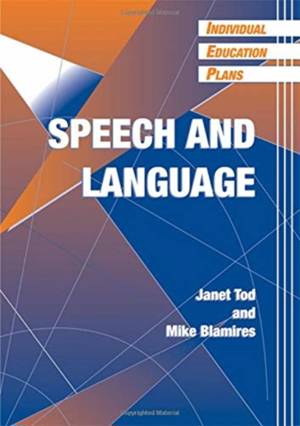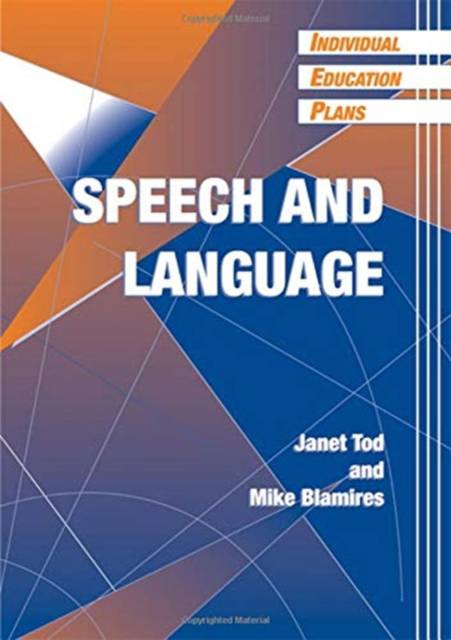
- Afhalen na 1 uur in een winkel met voorraad
- Gratis thuislevering in België vanaf € 30
- Ruim aanbod met 7 miljoen producten
- Afhalen na 1 uur in een winkel met voorraad
- Gratis thuislevering in België vanaf € 30
- Ruim aanbod met 7 miljoen producten
Zoeken
€ 198,95
+ 397 punten
Uitvoering
Omschrijving
First published in 1999. This book addresses the principles behind individual education plans for pupils who exhibit speech, language and communication difficulties. The authors provide practical advice for compiling education plans and ideas for institutional self-development, and discuss the key areas of concern for teachers: how can there be agreement on the targets when the pupil functions differently in different contexts? Should the aim for pupils be on accessing the curriculum or social communication? How can speech and language targets be met across a range of subject areas? Given that language is dynamic, can the static IEP document provide a feasible blue-print for action? Can the challenge of monitoring IEPs for speech and language targets be realistically met? To what extent can teachers deliver specialist strategies to meet IEP targets in the absence of speech therapy support? How can new developments in IT support IEP delivery for students with speech, language and communication difficulties?
Specificaties
Betrokkenen
- Auteur(s):
- Uitgeverij:
Inhoud
- Aantal bladzijden:
- 112
- Taal:
- Engels
- Reeks:
Eigenschappen
- Productcode (EAN):
- 9781138155879
- Verschijningsdatum:
- 15/12/2016
- Uitvoering:
- Hardcover
- Formaat:
- Genaaid
- Afmetingen:
- 210 mm x 297 mm
- Gewicht:
- 369 g

Alleen bij Standaard Boekhandel
+ 397 punten op je klantenkaart van Standaard Boekhandel
Beoordelingen
We publiceren alleen reviews die voldoen aan de voorwaarden voor reviews. Bekijk onze voorwaarden voor reviews.











